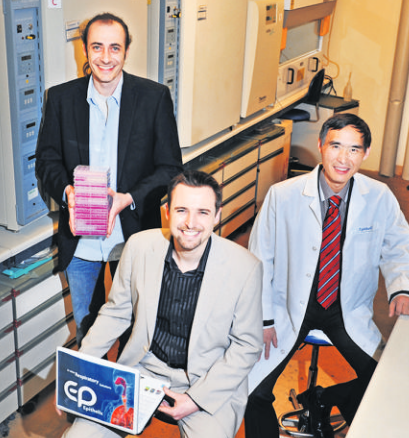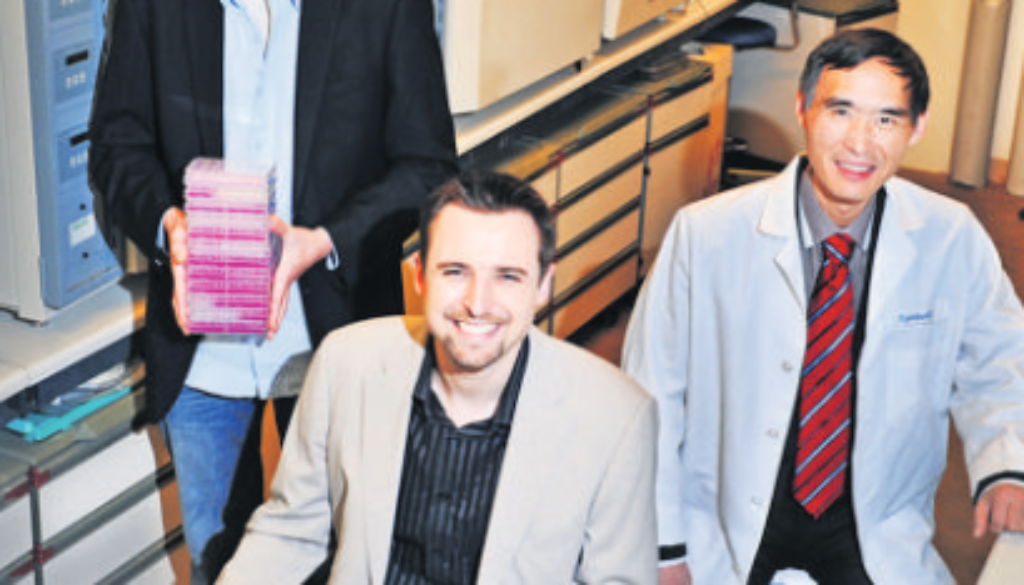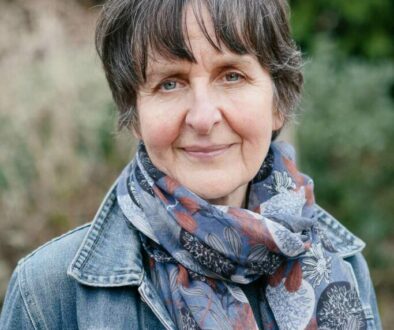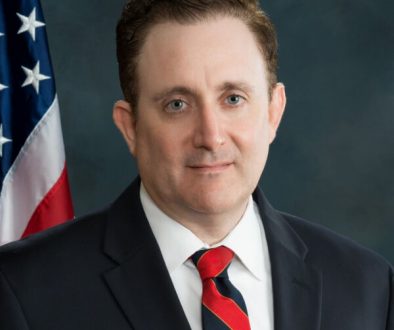Interview with Dr Samuel Constant

Antidote Europe (AE): Could you tell our readers how your team came to launch this company and how you became interested in non animal replacement methods?
Samuel Constant (SC): There were two reasons: (1). A desire to develop and promote model systems to predict toxicity that were scientifically and ethically more acceptable than using laboratory animals, and (2) the challenge of starting our own company.
In the course of our research work in academia, we realised that many modern in vitro models were not readily accessible to researchers. Not being able to make use of these modern methods in research can make it difficult to reproduce data published in the scientific literature.
In view of these challenges, and thanks to the efforts of our colleague Ludovic Wiszniewski in the field of cystic fibrosis, we decided to set up the company Epithelix in order to develop and market in vitro test models using tissue and primary cells sourced from the human respiratory system.
AE : Could you describe your unique product « MucilAir » bearing in mind that most of our readers do not have a science background?
SC : Epithelix has developed a unique product, a human reconstituted tissue, which can be maintained in culture for extended periods of time. The product is called “MucilAir” and is made of respiratory epithelial cells obtained from surgical waste. This model is a kind of “mini-lung” containing the same cells and performing the same functions as the upper respiratory tract in humans. MucilAir mimics the first line of defence of the respiratory system against the outside environment. Its unique long shelf life of one year means that it can be used for both acute and chronic studies. MucilAir is therefore very versatile and useful for studying (1) the toxic effects of environmental pollutants, the effect of e-cigarettes, chemicals and other inhaled substances, etc. and (2) the efficacy of new treatments for respiratory diseases, especially asthma, chronic obstructive bronchitis, cystic fibrosis as well as bacterial and viral infections.
AE : It would appear that there are very few in vitro methods available to replace the use of animals in inhalation tests for pharmaceutical and chemical products. What is the status of your product “MucilAir” with respect to the replacement of animals by industry?
SC : There are sadly no in vitro methods currently approved by the official body of the European Union (EURL ECVAM) to replace the use of animals for inhalation toxicity assessment. As a result, the pharmaceutical, cosmetics, and chemical industries continue to use animals in order to market their products. The aim of Epithelix is to change this. We are currently developing new tests, based on MucilAir, in order to study the short-term and long-term effect of inhaled substances on human health.
Each test method is different, depending on whether the aim is to test corrosivity, irritancy, sensitisation and even carcinogenicity of inhaled products. Currently, the most advanced test model is trans-epithelial permeability testing, which we are developing in collaboration with the team of Prof Carrupt at the University of Geneva and that of Dr Sandra Coecke at EURL ECVAM. This test method provides toxicokinetic data [the rate at which a chemical will enter the body and what happens to it once it is in the body] and measures the amount of inhaled substance that crosses the epithelium and can potentially be found in the blood stream. We are working hard to get this test method approved as quickly as possible.
AE : What in your view are the biggest obstacles to replacing the use of animals for your products? How can progress be made?
SC : The foremost challenge for our company is to maintain our independence in order to preserve our values. For a company like Epithelix, whose strategy is to re-invest its profits into research and development, each day is a struggle. It is clear that smaller companies find it much harder to finance their projects.
Another challenge is time. The time required to validate a new method [by the regulatory authorities] is beyond our control.
Yet another challenge is conservatism. It is much riskier for a regulator or an industrial toxicologist to endorse a new in vitro method than a “tried and trusted” traditional animal test.
Finally, it should be noted that the cost of validating a new non animal method falls largely on the shoulders of the company developing the method. In some cases, the cost is simply prohibitive. It would therefore be helpful to establish a fund whose aim would be to financially support the validation of alternative methods.
AE : We would like to thank you sincerely for giving up the time to take part in this interview. Are there any additional thoughts that you would like to share with our readers?
SC : I would like to thank you too. The European Citizen’s Initiative [www.stopvivisection.eu] has been a huge success and I congratulate Antidote for its part in this. This initiative is very encouraging for researchers like us, who want to promote alternative methods. We would also like to sincerely thank the Swiss League Against Vivisection, the Egon Naef Foundation and the committee of Proanima, for their support.
Short CV
Dr Samuel Constant is co-founder and COO of Epithelix (http://www.epithelix.com), a Swiss biotech company that specialises in tissue engineering. Epithelix is a leader in the field of in vitro efficacy and toxicity testing of human respiratory passages. Epithelix developed a unique 3D in vitro model of the respiratory mucosa and associated test systems for the study of human pathologies such as asthma, cystic fibrosis and chronic obstructive bronchitis. Samuel is responsible for management and development strategies for the company and also for collaborations with other private and public research groups.
Over the past six years, Dr Samuel Constant and his team have focused their research efforts on the development of new in vitro approaches to the study of the effects of xenobiotics on the human respiratory system. His efforts have provided a model system for assessing repeat dose toxicity (90 day exposure) as well as assessing respiratory absorption and metabolism, inflammation, and identifying respiratory sensitisers. In the years since 2006, Dr Samuel Constant and his team have been the recipients of 14 prizes in recognition of their scientific achievements, technological innovation and financial development.




